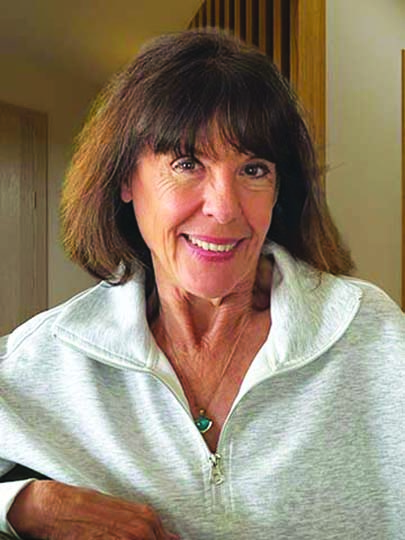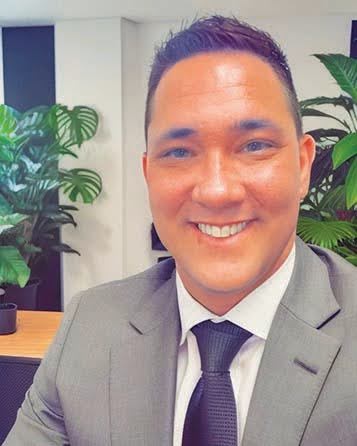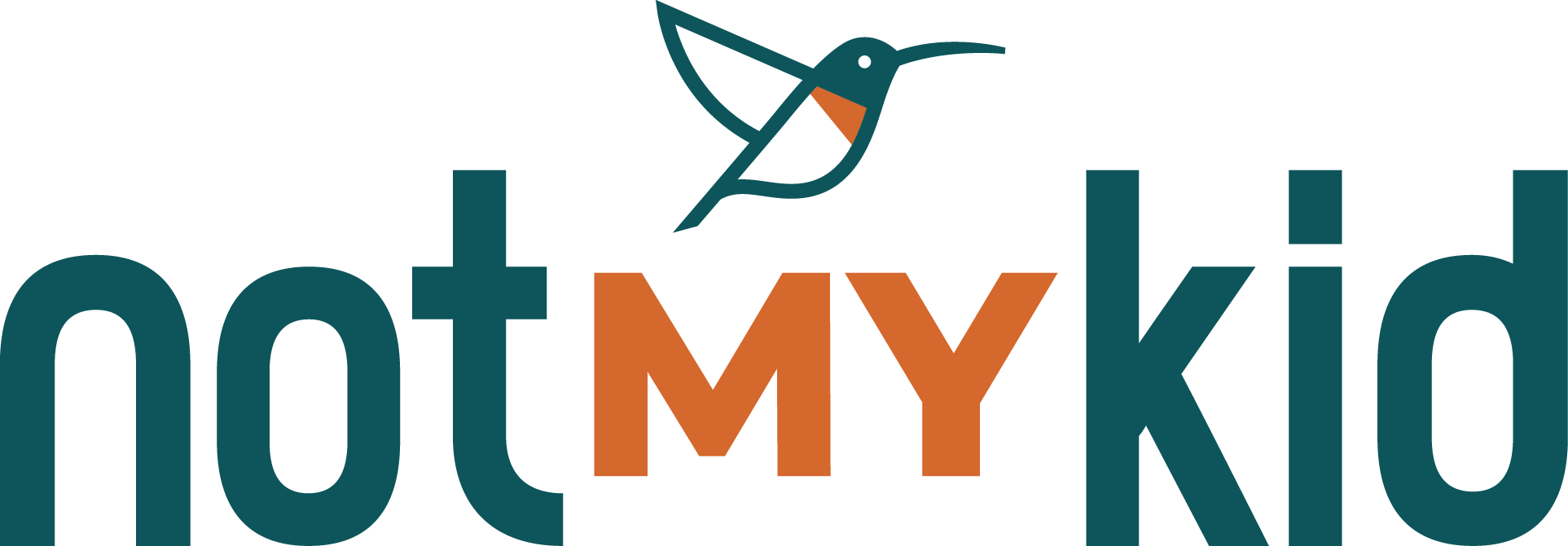Grief and loss are unavoidable. They are a natural part of the human condition. No one can escape experiencing several forms of loss throughout their lives. However, in the American culture, many people attempt to avoid the feelings associated with grief and loss by denying the impact it can have on our present and future lives. Some people may quickly gloss over grief and loss, stating: “I’ve accepted, forgiven, and moved on” to put a matter to rest.
Others may delve into addictive behaviors or other dysfunctional ways to numb out or block the feelings associated with grief. Unfortunately, storing grief and loss in our heads is a missed opportunity for growth on an emotional and spiritual level. It’s also an overlooked chance for hope according to Dr. Elizabeth- Kübler-Ross, a Swiss-American psychiatrist who was a pioneer in near-death studies. When a person processes thoughts and feelings, including grief, in a supportive, therapeutic individual or group environment, hope is often a powerful outcome.
Dr. Kübler-Ross proposed that while each person will experience the stages of grief differently, the grieving process is a normal and healthy expression of emotions. Although emotions such as pain, anger, and fear may bring about much discomfort during the grieving process, these emotions also have worthwhile gifts.
According to Pia Mellody, Senior fellow at The Meadows, the gifts of feeling pain include healing, growth, and awareness. The gifts of anger encompass assertiveness, strength, and energy. The gifts of fear are preservation, wisdom, and protection. Dr. Kübler-Ross identifies the five stages of grief as denial, isolation, anger, bargaining, depression, and acceptance.
It is important to honor the feelings that arise during each of these stages. Dr. Kübler-Ross states that some people will skip stages, some may repeat stages, some may experience them non-sequentially, and some may not experience them all. In other words, there is no set formula for how each person will experience or move through the stages of grief. Additionally, it is clear that sometimes people benefit from getting a little outside help if they feel stuck in their grief.
When grief and loss are left unresolved, they may become like a stealth bomber showing up in covert ways such as sideways anger, guilt, depression, addiction, lethargy, and physical ailments. As a therapist I see various forms of grief show up while working with patients. I witness them grieving the loss of letting go of the old self, breaking the status quo in a family, or letting go of addictive behaviors after decades of familiarity. I see the loss and grief associated with an end to a long-term relationship through death, divorce, and retirement. Grief and loss come in so many forms, but what they all have in common is a change in circumstance and a change of course in one’s life. These massive changes can be hard to adjust to and even harder to internalize.
Whatever the loss, working through the grief takes time, energy and commitment. It is essential that people who are grieving honor themselves, especially when there is unfinished business. It is by working through the issues that hope is born and expressed while relationships and consciousness shift. Grief and loss can be beautiful and life-enhancing, as loss and love are the great unifiers in life.
The loss of innocence in childhood brings a love for independence and autonomy in teen and early adult years. The loss of love leads to challenges, new insights, and other relationships. Loss of career and jobs lead to different experiences and new opportunities. The loss of addictive behaviors leads to clarity of action and purpose. The loss of the old makes way for the beginning of anew, with hope evolving from resolved grief and the unknown future waiting to be discovered.
Are you are struggling with grief and loss and need help moving through the stages of grief? Do you feel stuck in your grief? Are you longing to find meaning and hope after experiencing loss? If you answered yes to any of these questions, you may want to consider seeking help. Rio Retreat Center at The Meadows offers a grief workshop called Healing Heartache. Our next scheduled grief workshop is November 12-19, 2018. If this resonates with you, please call our intake department at 1-866-582-9850 for more information or to register.
Learn more about The Meadows by visiting www.themeadows.com


































